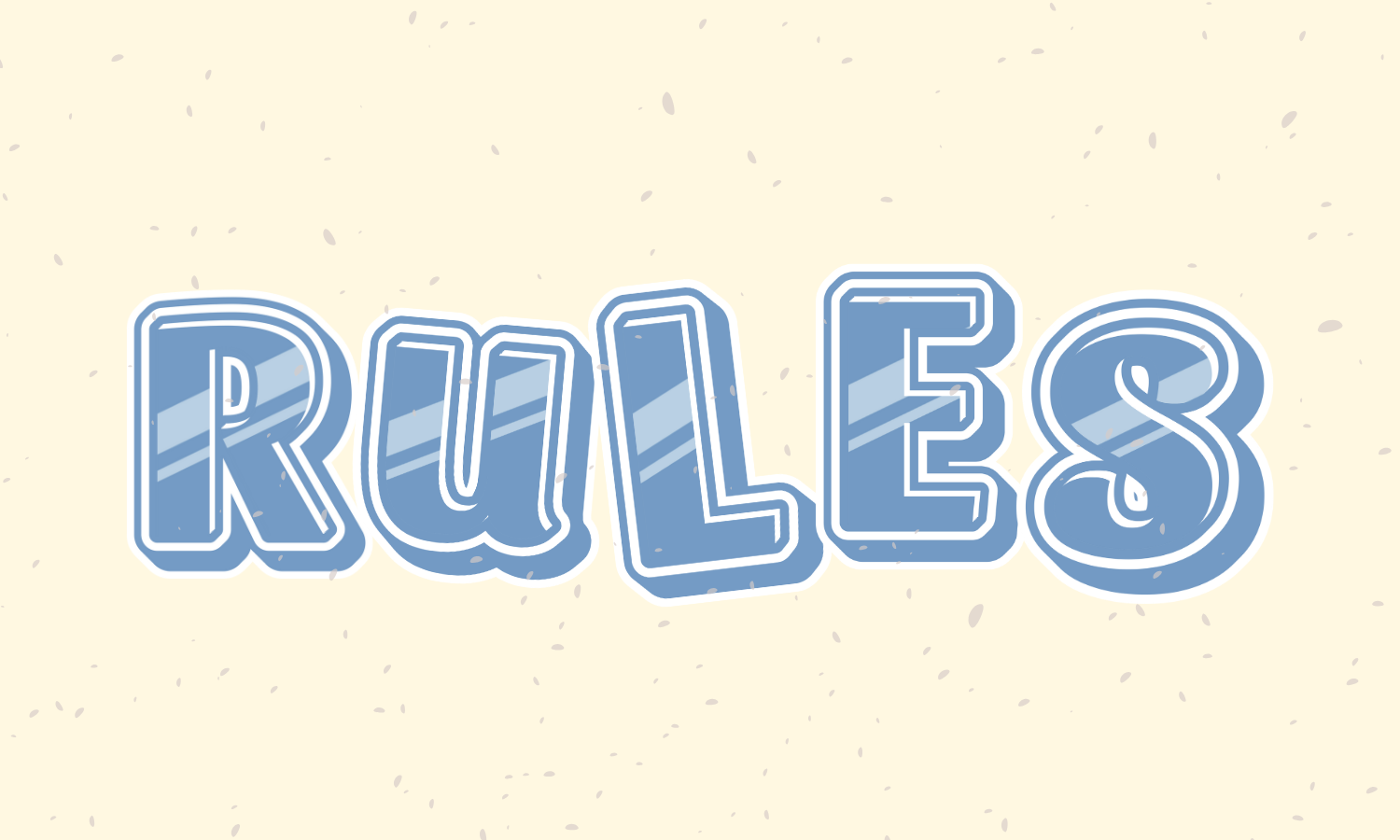Disclosures: The boring insurance word that could save you thousands
Why disclosures matter more than people think
Insurance disclosure sounds dull. But it’s the difference between a payout and a “claim denied” email at the worst possible time.
When you apply for life insurance, income protection, or trauma cover, you’re entering what’s basically a truth contract. Every answer you give about your health, job, or family history becomes part of that contract. If something’s wrong or missing, your insurer might question your claim later.
“The insurance application process is basically an interview. Every question they ask, you’re disclosing information that the insurer relies on to decide if they’ll offer you cover, and on what terms.”
That “interview” part is key. Your answers decide whether your policy actually works when you need it.
How the disclosure rules changed
Until recently, the rules were pretty brutal.
Before October 2021, Australians had what’s called a duty of disclosure, meaning you had to tell the insurer anything that might be relevant to their decision, even if they didn’t ask. Think about that. You could technically lose your cover for not mentioning a random GP visit from five years ago.
That’s changed. Since October 2021, under the duty to take reasonable care not to make a misrepresentation, the balance shifted back to people. Now you’re only responsible for answering the insurer’s specific questions carefully and truthfully not volunteering every detail of your life.
Lenny explained it simply:
“The old law made you guess what mattered to the insurer. The new one just asks you to take reasonable care answering their questions honestly. It’s a fairer system.”
What actually counts as a misrepresentation?
Even under the new rules, mistakes can still cost you depending on how they happen.
A misrepresentation basically means your answer isn’t fully true or doesn’t fairly reflect reality. But intent matters. The Insurance Contracts Act 1984 draws a sharp line between fraudulent and non-fraudulent mistakes.
Fraudulent: You knew it was false, or didn’t care if it was true.
Non-fraudulent: You made an honest mistake.
AFCA (the Australian Financial Complaints Authority) has backed this distinction in multiple cases. In AFCA Case #929322, a woman failed to disclose a serious medical history and the insurer voided her policy after her death AFCA sided with the insurer because the omission was fraudulent.
But in Case #848983, where someone forgot to mention a shoulder injury, the insurer could only add an exclusion, not void the policy. The difference? Intent.
“If you’ve done your best to answer truthfully, the law’s on your side,”
Honest mistakes are protected
This shift protects people who make genuine errors. The Insurance Contracts Act specifically says a misrepresentation isn’t one if a reasonable person in your shoes would’ve believed it was true.
Example:
If you told your insurer your weight was 70kg, but it was actually 73kg because you didn’t check that week, that’s fine. But if you said you never had high blood pressure when you’d been prescribed medication, that’s not fine.
AFCA’s cases show that context matters. If the false detail wouldn’t have influenced the insurer’s decision, they can’t void the policy.
What happens if you do make a mistake?
If your insurer discovers a misrepresentation, what happens next depends on when and how serious it is.
There’s also a surprising rule on premium refunds. Even if your claim is denied, if the insurer decides they would never have issued cover in the first place, they usually have to refund your premiums. AFCA reinforced this in Case #819528 (Hannover Life) the policy was voided, but the premiums had to be returned to the estate.
The family history question everyone overthinks
One of the most common disclosure stress points? Family history.
People often panic when asked if their parents or siblings had certain conditions like cancer, heart disease, or diabetes. But it’s simpler than it sounds.
Lenny explained:
“You only need to answer about your immediate family parents, siblings, or kids and only what you actually know. If you’re not sure, saying ‘I don’t know’ is completely acceptable.”
You don’t need to play detective or ask awkward questions at family dinners. Insurers can only assess based on what you reasonably know.
When insurers find something later
Sometimes, insurers uncover undisclosed info at claim time, years later. If they think it’s relevant, they’ll check whether it would’ve changed your original policy.
In one Zurich case, a client made a claim for income protection more than three years after applying. The insurer found a shoulder injury that wasn’t mentioned in the application and tried to apply exclusions retroactively. AFCA allowed it for TPD but not for IP, because the IP had a built-in death benefit meaning those terms couldn’t be changed after the fact.
“It’s a good reminder that even small built-in features, like death benefits, can protect people in unexpected ways,”
Why this all matters
Insurance disclosure isn’t about catching you out. It’s about making sure your policy actually pays when life goes sideways.
Being upfront even if it feels uncomfortable gives your adviser room to help. They can look for insurers with better terms, manage potential exclusions, and document disclosures properly so there’s no confusion later.
And if you’re already insured? Review your policies regularly. A change in job, health, or lifestyle might need an update, small tweaks now can prevent major headaches later.
Because at the end of the day, a five-minute chat about your disclosures could literally save you thousands.








